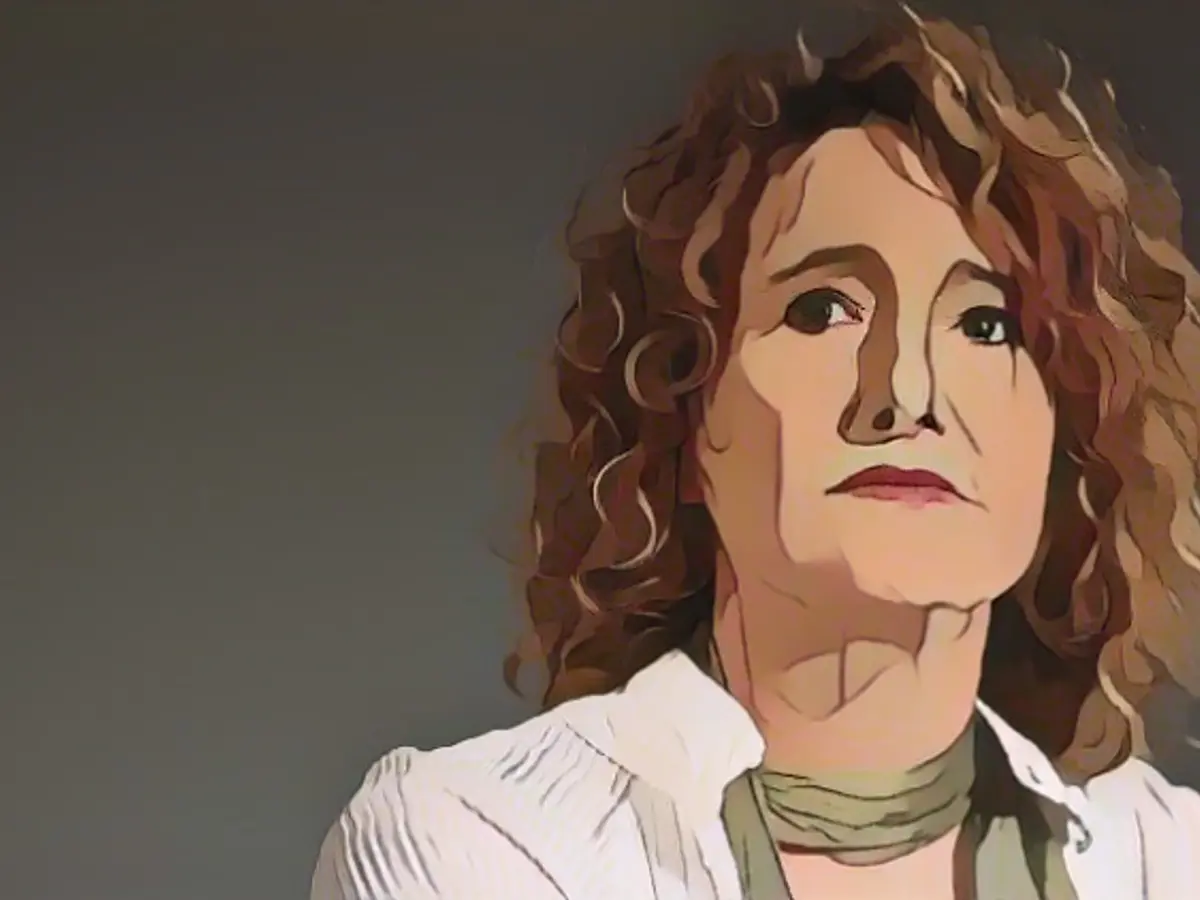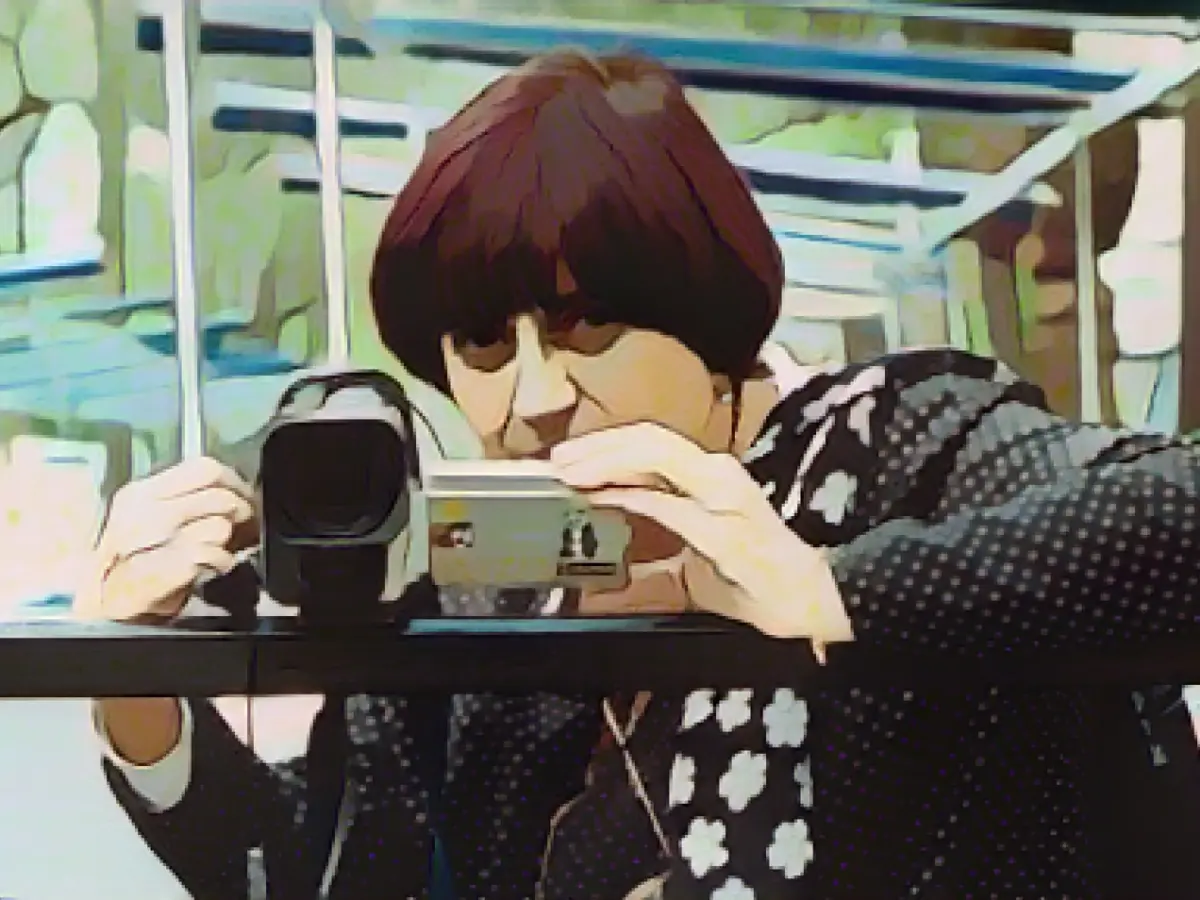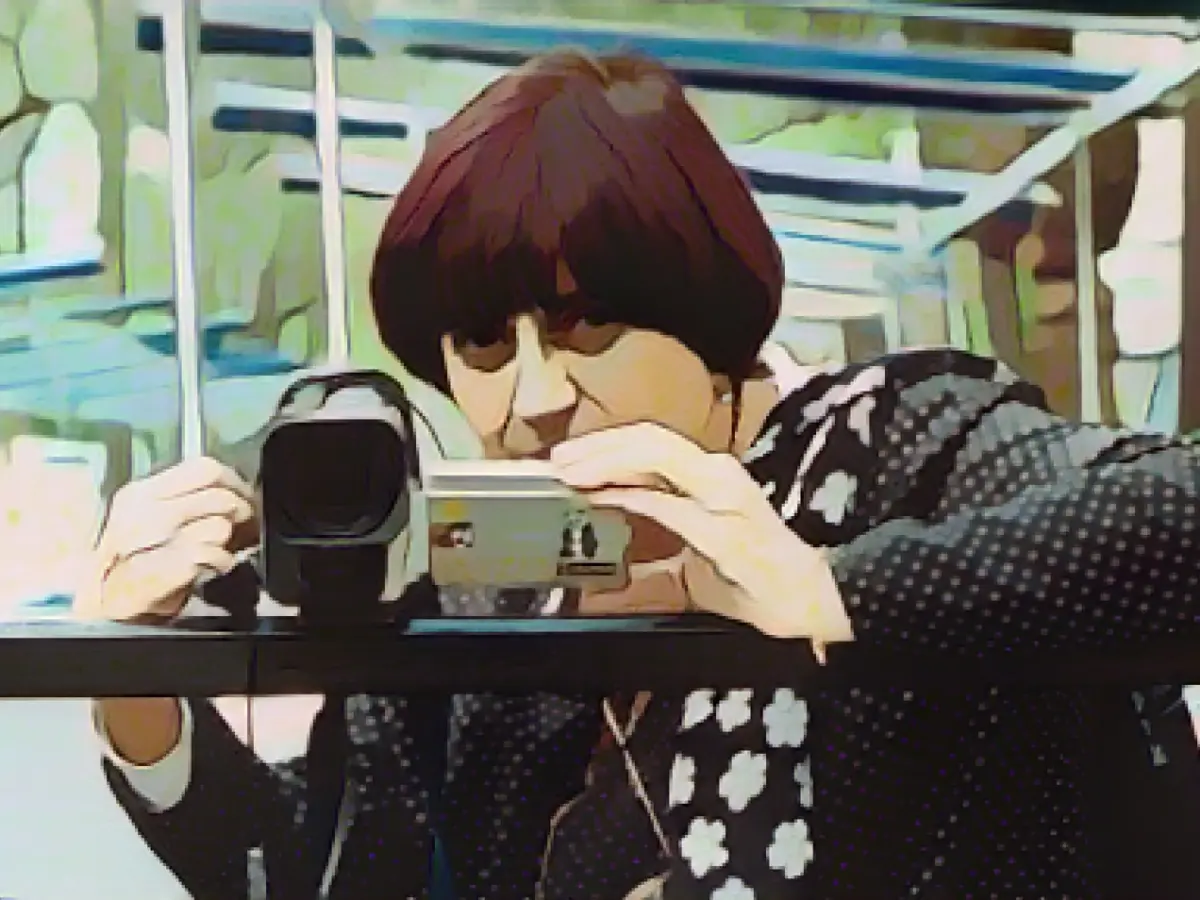Berlin's Film Festival Gets a New Boss: Tricia Tuttle Takes Over
seats vacated by Carlo Chatrian and Mariette Rissenbeek. The new director, Tricia Tuttle, was introduced by Minister of State for Culture Claudia Roth in Berlin. The US-American is slated to take the reigns of the festival in April 2024.
Claudia Roth, the Berlinale's New Patron, Approves the Appointment
Tricia Tuttle's extensive background in film festivals and education, including roles at the British Film Institute (BFI), British Academy of Film and Television Arts (BAFTA), and the National Film and Television School (NFTS), won her the position. Her tenure at the BFI saw a near-doubling in audience sizes for the London Film Festival, leaving a strong legacy.
Addressing Challenges Faced by Predecessors
Chatrian and Rissenbeek faced hurdles, such as fallout from the Israel-Gaza conflict and accusations of antisemitic remarks during the 2024 closing ceremony, which led to concerns over the festival's future and Ministry demands for programming veto power. Chatrian announced his departure following these developments, with Rissenbeek already having announced hers ahead of time.
Fresh Perspective and Modernization Efforts
Tuttle brings not just expertise but also a vision to modernize the festival and expand its impact, ensuring sustainability and appealing to sponsors. She aims to connect with younger audiences and independent filmmakers via her innovative programming changes.
Programming Changes and Venue Expansion
Tuttle is rolling out new initiatives, like the Perspectives competition, which replaces the Encounters section. This section focuses on first-time fiction filmmakers and offers a 50,000 euros prize. Additionally, she has introduced new screening venues, including the Stage Bluemax Theater, to provide more opportunities and broaden the festival's reach.
Support for Independent Cinema and Emphasis on Diversity
Tuttle is advocating for the support of independent cinemas and distributors, making the festival more accessible to German audiences outside of Berlin. Her commitment to diversity and free speech in the arts community has become apparent as well.
Tuttle's appointment reflects a new era for the Berlinale, one marked by renewed drive, modernization, and a focus on connecting with its audience—characteristics Tuttle has demonstrated throughout her professional career.








